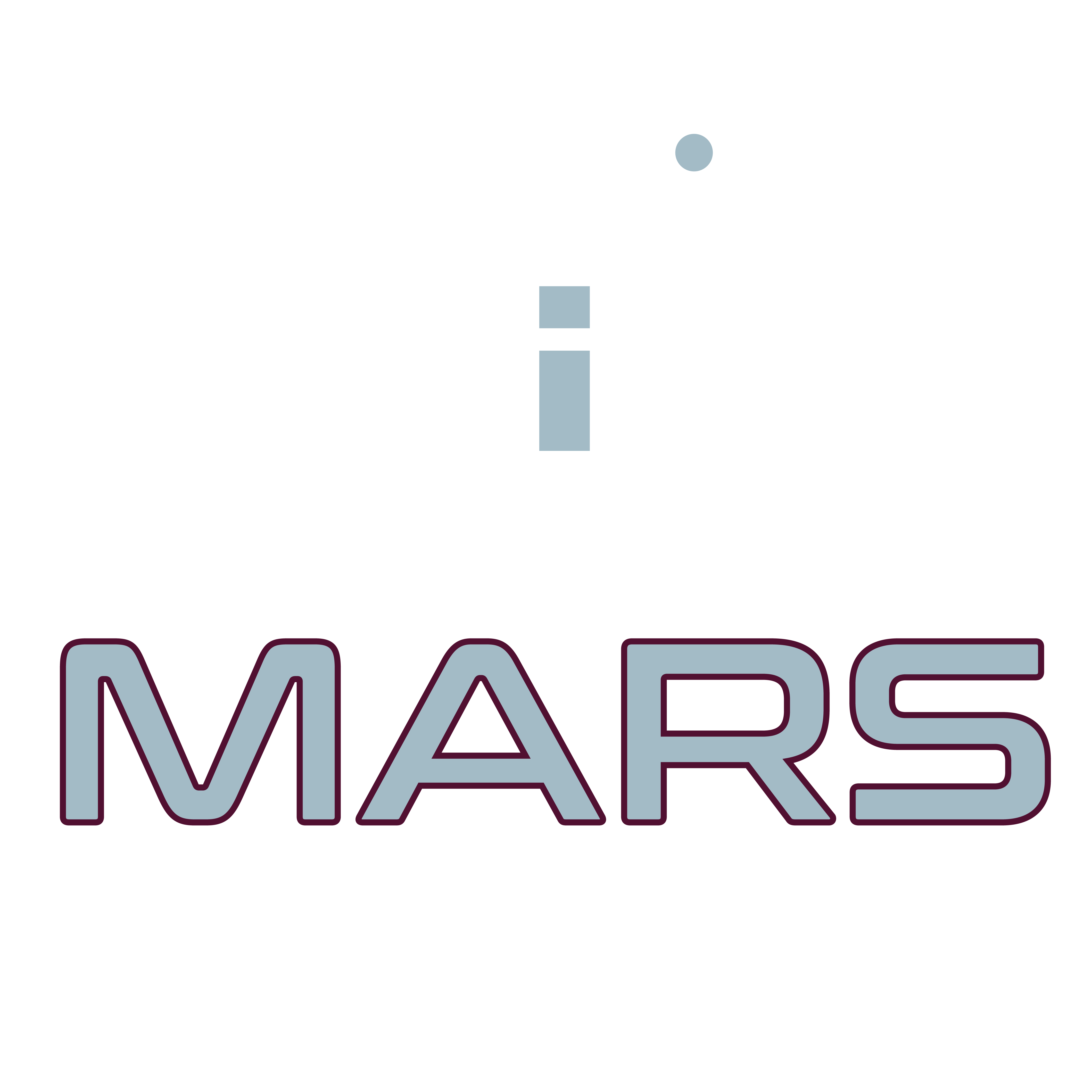FSSC 22000 V 5.1
FSSC 22000 Version 5.1 is a food safety management system (FSMS) certification scheme. It is based on the ISO 22000 standard for food safety management systems and includes additional requirements specific to the food industry. FSSC 22000 Version 5.1 is recognized by the Global Food Safety Initiative (GFSI) and is used by food manufacturers, processors, and other organizations in the food supply chain to ensure the safety of their products.
FSSC 22000 Version 5.1 provides a framework for food organizations to ensure the safety of their products and demonstrate their commitment to food safety to customers and stakeholders.
What is
FSSC 22000?
FSSC 22000 is an auditing certification scheme that allows for the auditing as well as certification for Food Safety Management Systems (FSMS) which is owned through a legally-constituted entity governed by Dutch law, dubbed The Foundation FSSC 22000. The foundation also provides certification for the combination of FSMS as well as QMS (abbreviated as FSSC 22000-Quality).
There are 3 components for this scheme, as follows:
- ISO 22000:2018 Systems for managing food safety – Requirements to any food processing company
- Sector-specific pre-requisites (PRPs) e.g. ISO technical standards
- FSSC 22000 requirement (additional)
Principles of FSSC 22000 V 5.1
FSSC 22000 (Food Safety System Certification) is a certification scheme for food manufacturers, based on ISO 22000 and ISO/TS 22002-1 (formerly PAS 220), as well as additional requirements set by the Foundation for Food Safety Certification. Version 5.1 of the FSSC 22000 scheme includes several key principles:
Food Safety Policy: The organization must establish, implement, and maintain a food safety policy that includes a commitment to comply with legal and regulatory requirements and to continually improve the effectiveness of the food safety management system.
Hazard Analysis: The organization must conduct a hazard analysis to identify, assess, and prioritize food safety hazards.
Control of Hazards: The organization must establish, implement, and maintain processes to control the identified hazards through the application of preventive measures.
Prerequisite Programs (PRPs): The organization must establish, implement, and maintain prerequisite programs (PRPs) to control the likelihood of introducing food safety hazards.
Management of Allergens: The organization must manage allergens effectively to prevent cross-contamination and ensure the safety of allergic consumers.
Food Safety and Quality Objectives: The organization must establish, implement, and maintain food safety and quality objectives at relevant functions, levels, and processes.
Documented Information: The organization must establish, implement, and maintain documented information to support the operation of its food safety management system.
Internal Audits: The organization must conduct internal audits at planned intervals to determine whether the food safety management system conforms to planned arrangements and is effectively implemented and maintained.
Management Review: Top management must review the organization’s food safety management system, at planned intervals, to ensure its continuing suitability, adequacy, and effectiveness.
Continual Improvement: The organization must continually improve the effectiveness of its food safety management system through the use of the food safety policy, food safety objectives, audit results, analysis of data, corrective actions, and management review.
Benefits of FSSC 22000 V 5.1
FSSC 22000 Version 5.1 offers several benefits to food organizations:
Global Recognition: FSSC 22000 is recognized by the Global Food Safety Initiative (GFSI), which means that certification is widely accepted by retailers and food service providers worldwide.
Compliance with Legal Requirements: FSSC 22000 helps organizations comply with food safety regulations and standards, reducing the risk of legal issues and recalls.
Enhanced Food Safety: By implementing FSSC 22000, organizations can identify and control food safety hazards, leading to safer food products for consumers.
Improved Efficiency: FSSC 22000 promotes the use of best practices in food safety management, leading to more efficient processes and reduced waste.
Customer Confidence: Certification to FSSC 22000 demonstrates a commitment to food safety, which can enhance customer confidence and satisfaction.
Competitive Advantage: FSSC 22000 certification can provide a competitive advantage, as it demonstrates a commitment to high food safety standards.
Supply Chain Confidence: FSSC 22000 certification can improve confidence in the supply chain, as it ensures that suppliers meet rigorous food safety standards.
Continuous Improvement: FSSC 22000 requires organizations to continually improve their food safety management systems, leading to ongoing enhancements in food safety practices.
Frequently Asked Questions
These additional rules of FSSC 22000 cover the management of services, labelling of products as well as food safety and prevention of food fraud. In the latest version 5 the FSSC 22000 certification includes a mandatory QMS module. The key elements in ISO 9001 that can be implemented are part of this module as part of the FSSC 22000 certification.
FSSC 22000 (V6) incorporates the updated ISO 22003-1 requirements for certification bodies such as NQA. Alongside the updated requirements from FSSC 22000 V5 the 6th version has additional requirements, such as food Safety Culture. Quality Control.
Even though ISO 22000 is a generic standard that applies to all food chain participants, FSSC 22000 provides specific requirements and sector-specific components specifically designed as a reference for processors and food producers.
FSSC 22000 an internationally acclaimed certification scheme that guarantees the security and quality in food items. The most recent edition, FSSC 22000 Version 6, has been announced at March 2023. There is a twelve-month interval between the 1st April 2023 until 31st March 2024.
FSSC 22000 certification consists three elements: ISO 22000, the PRP specification that is relevant (ISO/TS Standards and BSI PAS) and the FSSC Additional Requirements.
The FSSC 22000 program is a certification system that provides a solid Food Safety Management System that can manage food safety risks to reduce risk and ensure the safe production of food.

